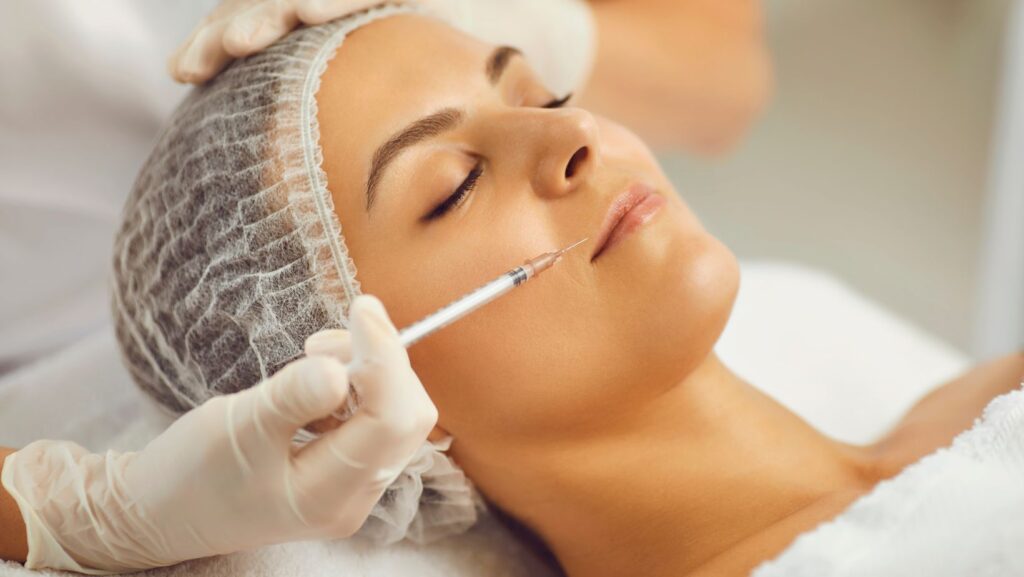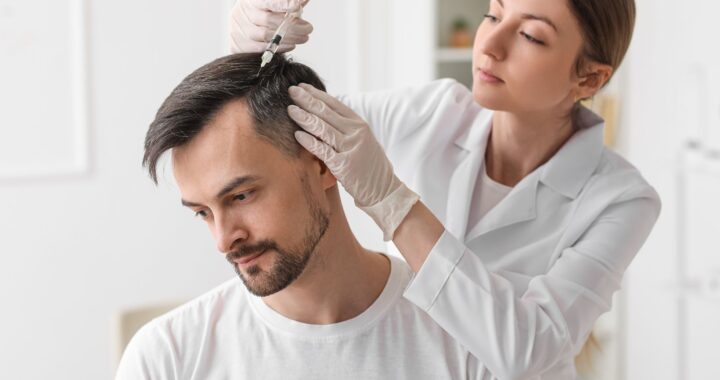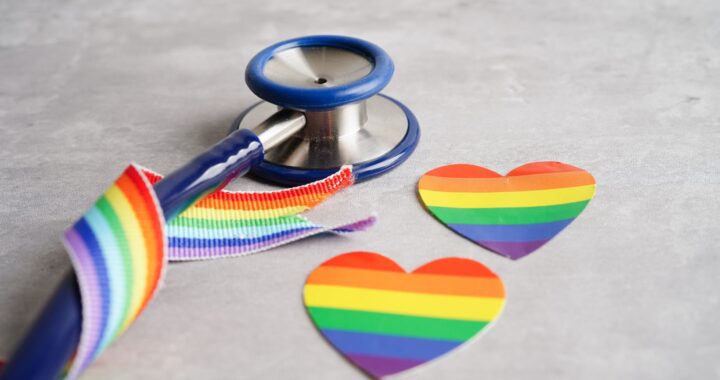How To Adjust Your Diet When Recovering From Cosmetic Surgery

Nutrition is one of the least discussed subjects regarding cosmetic surgery recovery; but, as a matter of fact, it is the most important determinant as to how quickly and how efficiently your body will recover. The kind of food you consume may determine the rate of recovery, help reduce complications, and ensure your body is well equipped with nutrients in rebuilding tissues and restoring energy. Eating a diet that is whole and complete with vitamins, minerals, and the correct proteins will make all the difference in your outcome and health after your surgery.
Protein
Probably the most important nutritional building blocks that help the body heal after cosmetic surgery is protein. It helps your body mend tissue wounds, rebuild muscles, and renew skin cells. Your body needs to start the repair of tissues affected by your surgery. Protein builds basic building blocks that the body needs for such an action. Besides that, it supports collagen production, something that is absolutely needed by the skin in order to nurture elasticity and healing. Incorporation into the diet of lean meats, fish, eggs, and plant-based proteins like beans and lentils through quinoa would make certain the body has what it requires to repair itself correctly. In other words, your aim should be the ingestion of foods that contain some source of protein with each meal to help your body move along the healing process.
Hydration
Hydration is as important as nutrition after cosmetic surgery. The body swelling or after-surgery drainage causes more loss of water, and hydration keeps the functions of the body tuned. Water can also nourish the injured tissues and can help to wash out the toxins in your body from inside that will enable your immune system to fight against the infection.

It can delay your healing process as well as enhanced swelling and pain of yours. So, keep hydrating during your day with plenty of water and add hydrating foods in your diet such as cucumbers, watermelon, and celery.
Vitamins and Minerals
It will, in other words, enable the immune system and facilitate the healing processes. For example, Vitamin C is very important for collagen synthesis and repair of wounds; therefore, it is one of the most important nutrients after surgery. Foods containing Vitamin C are citrus fruits, strawberries, and leafy greens. Zinc will contribute to cell growth and immune function, reducing risks of infection. Foods containing zinc include nuts, seeds, and whole grains. Consuming fruits and vegetables of every color will help ensure a large number of vitamins and minerals important for healing are being ingested.
Healthy Fats
More specifically, omega-3 fatty acids play an important role in the mechanisms behind reducing inflammation and supporting the nature of the overall healing process. These will keep your skin healthy, support cellular repair processes, and probably reduce the risk of scarring post-surgery.

Probably more important is the fact that omega-3 fatty acids, contained in oily fish-such as salmon-and nuts, including walnuts and flaxseed, go one step further by modulating inflammatory processes within the body. This is something that can be quite useful after surgical operations such as liposuction. The addition of a source of healthy fats will maintain energy levels since the body needs more energy during the recovery process.
Carbohydrates
The bad reputation of carbohydrates is well documented, but after surgery they can help bring in energy that shall help to repair your body. Surgery is serious and a physically laden activity; such an activity requires a consistent amount of energy given to the body for recovery. Some of the excellent sources of carbohydrates include whole grains, vegetables, and fruits, which in most cases provide fiber, vitamins, and energy without extreme elevations in blood sugar associated with refined sugars. The rationale behind this is very important because a consistent amount of complex carbs maintains the energy level steady, the immune function at its best, and the tissues and organs restored.
Nutrition clearly plays an important role in recovery from cosmetic surgery-from tissue repair to immune function. A diet that contains proteins, vitamins, minerals, healthy fats, and complex carbohydrates can enable physiological functions of all forms and provide the necessary elements for healing. Focusing on good nutrition and hydration after surgery, you will accelerate recovery and improve the outcome of your cosmetic surgery-so you can feel and look your best during recovery.

 Restoring Your Thinning Hair Line
Restoring Your Thinning Hair Line  How Lifestyle Changes Can Mitigate the Most Common Women’s Health Issues
How Lifestyle Changes Can Mitigate the Most Common Women’s Health Issues  How to Make Low Fat Cannabis Edibles
How to Make Low Fat Cannabis Edibles  Does Vaping Have Calories? Facts You Need to Know
Does Vaping Have Calories? Facts You Need to Know  How to Address Mental Health in the LGBTQ+ Community
How to Address Mental Health in the LGBTQ+ Community  Simple Daily Habits That Can Improve Men’s Health Over Time
Simple Daily Habits That Can Improve Men’s Health Over Time